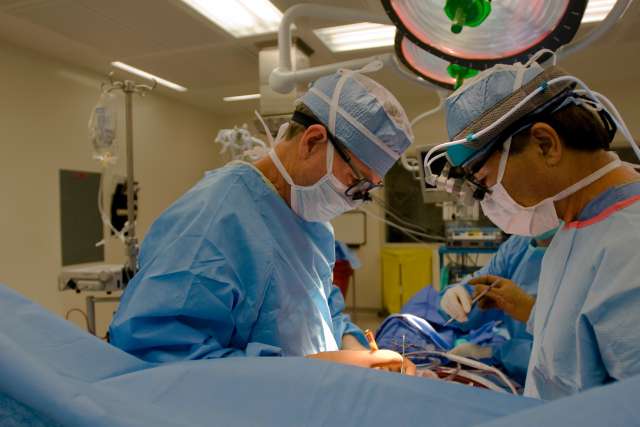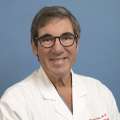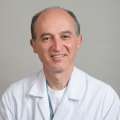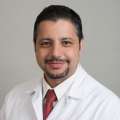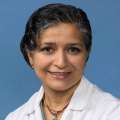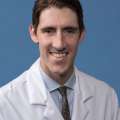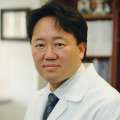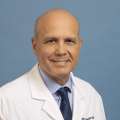Heart Surgery
Since 1955, our cardiac surgeons have been leaders in heart surgery innovation, research and quality. They perform the latest, most advanced surgical techniques for all types of heart disease.
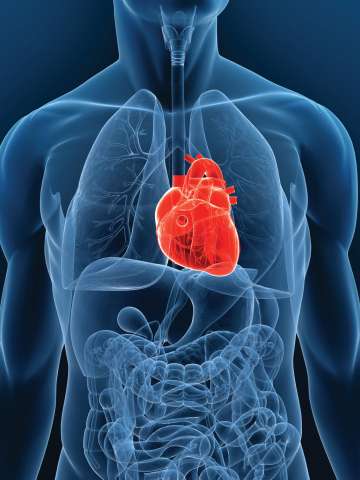
Why choose UCLA Health for heart surgery?
When it comes to heart surgery, UCLA Health sets the standard for excellence. Our experienced cardiac surgeons are leaders in their fields and work together with specialists across UCLA Health to ensure you receive customized, multidisciplinary care. We use the latest techniques and technologies to treat all types of heart conditions, always prioritizing your safety, comfort, and recovery.
Highlights of our services
Pioneering Heart Surgery Innovations: UCLA Health has been at the forefront of cardiovascular advancements for over 65 years. In 1955, our doctors developed the first blood oxygenator and heart-lung machine—revolutionizing modern heart surgery. Today, we continue to pioneer advanced techniques for safer, more effective treatments.
Leaders in Heart Transplants: Since performing Southern California’s first heart transplant in 1982, UCLA Health has led the way in transplant medicine. Our Heart Transplant and Mechanical Circulatory Support Programs expand donor eligibility, giving more patients life-saving options.
National recognition in mitral valve repair: Ranked among the nation’s top 20 hospitals for mitral valve repair, we are one of only two hospitals in the Western U.S. to receive the Mitral Valve Repair Reference Center Award for excellence in valve care.
Minimally invasive treatments: Our surgeons specialize in minimally invasive and robotic-assisted heart surgery, which offers significant benefits, including faster recovery times, less post-surgical pain an shorter hospital stays. Each patient undergoes a thorough evaluation to determine whether a minimally invasive approach is the best option for their condition
Our areas of care
Our surgeons use advanced surgical techniques to treat a range of heart conditions. Our areas of expertise include:
- Adult congenital heart disease surgery
- Aortic disease surgery
- Cardiac arrhythmia correction surgery
- Cardiac valve surgery
- Coronary revascularization (bypass surgery)
- ECMO (life support)
- Heart failure surgery, including heart transplants
- Pediatric cardiothoracic surgery
- Robotic heart surgery
Heart conditions we treat
Many heart conditions may require surgery. Some of the most common include:
Angina: Chest pain caused by reduced blood flow to the heart
Aortic Aneurysm: A bulge in the artery that carries blood from the heart to the body
Arrhythmia: Irregular heartbeat (too fast, too slow, or uneven)
Cardiomyopathy: Thickening of the lower left heart chamber, making it harder for the heart to pump blood
Congenital Heart Disease: A heart abnormality present at birth
Coronary Artery Disease: Plaque buildup in the arteries that supply blood to the heart
Heart Failure: A progressive weakening of the heart, preventing it from pumping blood effectively
Structural Heart and Valve Disease: Issues with the heart’s structure or one of its four valves
Heart surgeries we offer
We offer a comprehensive range of heart surgeries, from routine procedures to the most complex cases. Our expertise includes:
Aortic Aneurysm Repair: Reinforces a weakened section of the aorta to prevent rupture
Arrhythmia Ablation (Catheter Ablation): Uses heat or cold energy to stop irregular electrical signals and restore normal rhythm
Coronary Artery Bypass Graft (CABG): Reroutes blood around blockages to improve flow and reduce heart attack risk
Maze Procedure: Creates tiny scars in the upper chambers (atria) to treat atrial fibrillation
Heart Transplant: Replaces a failing heart with a healthier donor heart
Valve Repair or Replacement: Restores normal valve function or replaces a damaged valve with a donor or mechanical option
Meet the team
Our cardiac surgeons are recognized experts in surgery, research, and education. We use leading-edge techniques, and many of our surgical outcome rates exceed national benchmarks. When you choose UCLA Health for heart surgery, you can feel confident knowing you’re in the hands of a dedicated, world-class team committed to helping you achieve the best possible results.
Chief
Physicians
Contact us
Call to request an appointment with a cardiac specialist at UCLA Health.
Find your care
Our heart surgeons work with multiple teams to provide excellent care. To learn more about our services, call .
